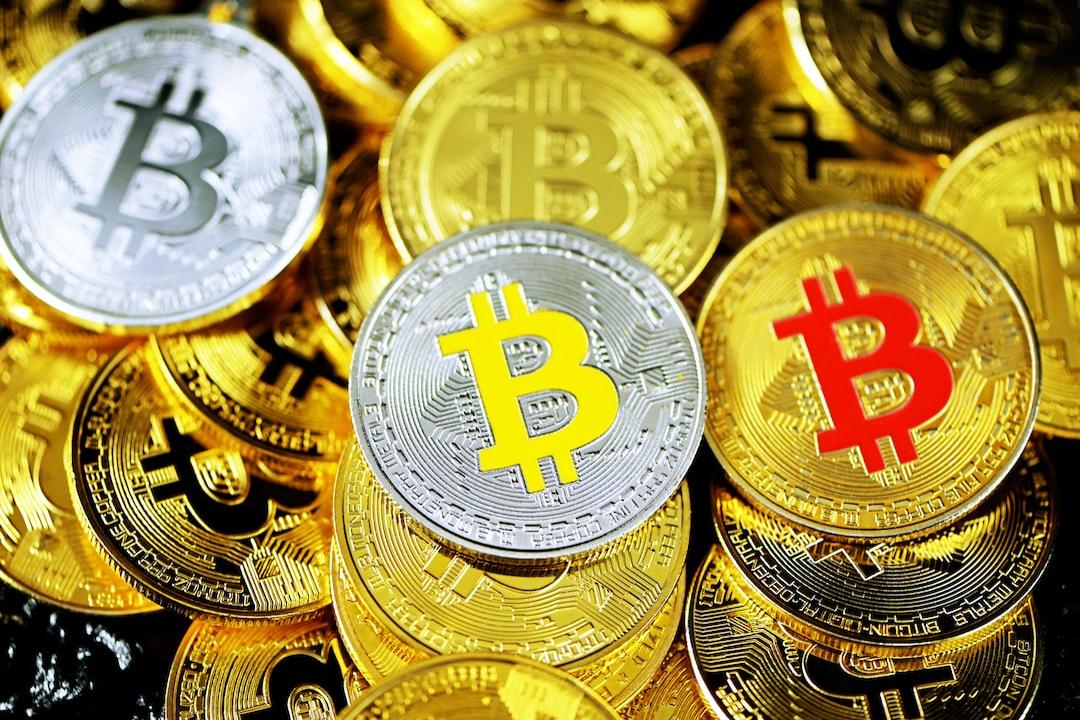Decentralized networks introduce a layer of complexity, yet they are equipped to manage intricate tasks. When tackling the voracious appetite for computing power by artificial intelligence (AI), decentralization might just offer a fitting solution.
Incentive networks, a type of decentralized system, reward individual actions that contribute to the collective benefit of the network, fostering an ecosystem mindset. Unlike a conventional ecosystem, which often arises serendipitously through the interactions of various players, an incentive network is purposefully designed for collaborative success from its inception.
So, how does this relate to AI? Imagine scalable AI applications as machinery that extracts simple solutions from vast datasets through computational power—akin to fuel in a vehicle. The more data processed and the quicker the desired outcomes, the more fuel consumed. Larger and more complex AI models incur exponentially higher costs: for instance, OpenAI’s GPT-4 required $78 million for training, while Google’s Gemini Ultra expenditure amounted to $191 million. Given these substantial figures, a system that optimizes hardware investments and efficiently distributes resources to curtail overall expenses, all while remaining unbiased towards participants, becomes indispensable—and this is precisely the role of incentive networks.
Enter blockchain technology, which can potentially mitigate the adverse effects of AI proliferation. Introducing gamification and token rewards becomes pivotal in the success of incentive networks. By incentivizing users to engage in behaviors that benefit all parties involved, network creators ensure enduring value growth based on user actions rather than external intentions. Tokenization enables the creation of intricate micro-reward systems, fostering a sophisticated economic environment for network participants.
Notable examples such as Numeraire and Farcaster showcase the transformation of traditional industries like finance and social networking through strategic decentralization. By addressing age-old challenges like market predictions and content management with innovative approaches, these models highlight the power of decentralized networks in modernizing various sectors.
The use of incentive networks emerges as a promising solution to address the escalating demand for computing power driven by widespread AI adoption—an issue also known as “compute.” To be truly effective, these networks must incentivize beneficial behaviors while garnering majority acceptance, ensuring fairness, scalability, and user diversity. Furthermore, the system should be comprehensible and trustworthy, necessitating simple use cases or meticulous planning.
To navigate these complexities, layered incentive structures can address diverse user roles and contributions separately, rewarding significant value with commensurate incentives. Dynamic adjustment mechanisms, akin to neural network hyperparameters, can fine-tune rewards based on network conditions to promote essential tasks and prevent system abuse. Robust reputation systems prioritize sustainable actions, fostering stability and encouraging newcomers to contribute meaningfully.
Ultimately, the goal is to create an inclusive system that caters to organizations of all sizes equitably, responsive to market demands without unnecessary redundancy. Through fair treatment of both users and providers, the system enables monetization of assets and intellectual property for mutual benefit.
Practically, individuals can explore projects like ThoughtAI (THT), Bittensor (TAO), and Ocean Protocol (OCEAN) to engage as investors, builders, or community members. For entrepreneurs aiming to disrupt industries with AI, embracing incentive-network-driven compute could result in substantial cost savings and scalability if their solution resonates with the market.
As we delve into the realm of AI empowerment, entrusting the management of complex decentralized systems to AI itself seems only natural. By leveraging incentive networks to gather data on user performance and satisfaction, as well as incorporating feedback loops for continual improvement, we pave the way for advanced systems that evolve organically and deliver ongoing value. Employing advanced technologies such as natural language processing and reputation systems enhances user engagement, personalized skill development, and optimized rewards based on unique capabilities. This governance model prioritizes human-centricity on a previously unprecedented scale.
The fusion of AI and incentive networks augurs not only heightened productivity but also a redistribution of power from corporate entities to individual contributors. It falls upon each of us to stay abreast of these advancements and aspire to a future that is not only theoretically superior but also fairer, more personalized, and supremely effective.

